There are sharply divided opinions on intellectuals/intelligentsia in both academics and in common parlance. A highly debated question is whether they constitute a/the ruling class or a part of the ruling class coalition/triumvirate/ complex. To go deeper into this, the three controversial issues examined in the book are: (a) whether intellectuals in general, and Indian intellectuals/ teachers in particular constitute a ruling class or a social category/ strata, (b) whether they are ideologically divided on class lines or have a supra-class/unattached ideology, (c) whether they form a part of the ruling class specifically in the case of India. The book discusses the issues of class structure and ideology of traditional, modern intellectuals/intelligentsia. The general conceptual framework discusses on these issues, the views of three generations of scholarship covering both the Marxist and non-Marxist thoughts. The major scholars and/or revolutionaries covered include, on the Marxist side – Marx, Engels, Lenin, etc., and on the non-Marxist side – Durkheim, Weber, Manheim and Shils. Further, the book examines the views of both Marxist and non-Marxist scholars, belonging to different disciplines and activists, on the class structure and ideology of the post-Independence intellectuals/intelligentsia in general in India and of the teachers in particular. It applies the conceptual perspectives on intellectuals with empirical findings relating to the class structure and ideology of teachers. The book would be useful to those in social science disciplines and also activists engaged in the struggle for social transformation
Globalisation, Governance Reforms and Development in India
Globalisation has emerged as ...
$65.70
$73.00

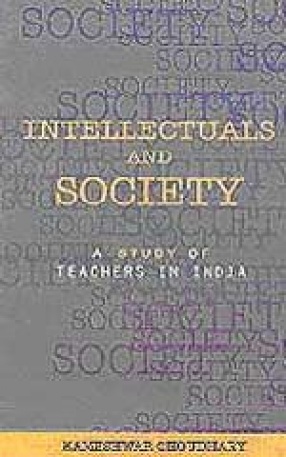
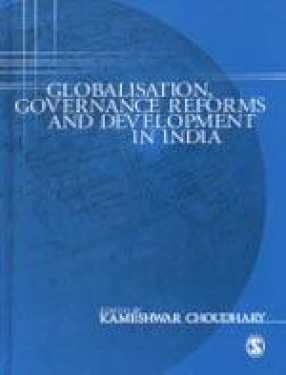
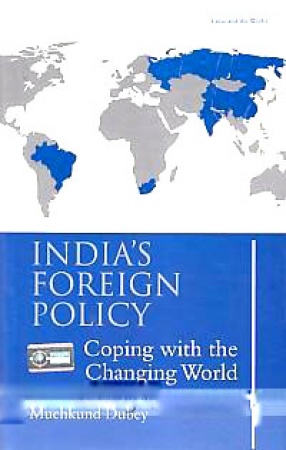
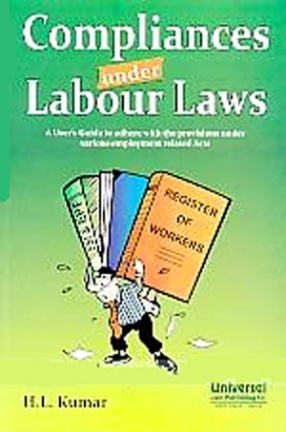
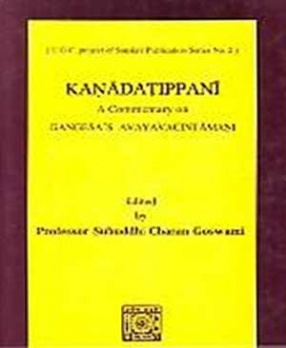
There are no reviews yet.